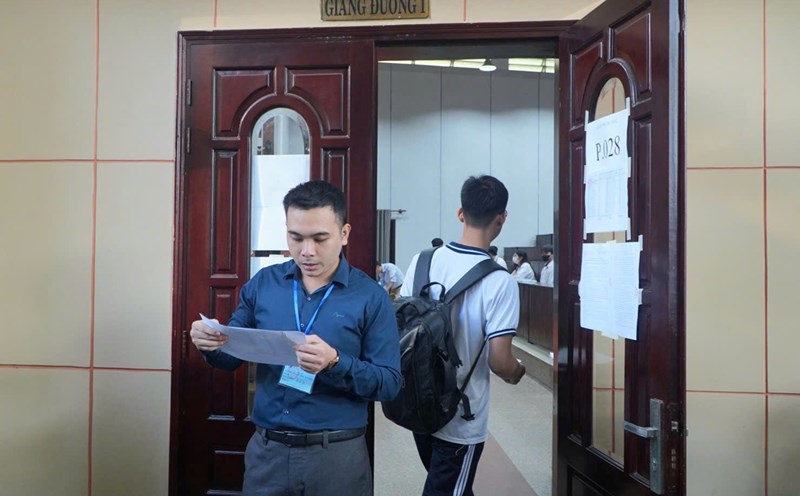In the draft Decree regulating disciplinary action against cadres, civil servants and public employees that is being consulted, the Ministry of Home Affairs proposed to remove the form of disciplinary dismissal for civil servants holding leadership and management positions; remove the form of disciplinary relegation for civil servants who do not hold leadership and management positions.
Regarding the reason for the abandonment of the above disciplinary forms, the Ministry of Home Affairs said that the draft Law on Cadres and Civil Servants (amended) is expected to be approved by the National Assembly at the 9th session, designed in the direction of abandoning the provisions of the above discipline.
According to the draft Decree, disciplinary measures for cadres include: Reprimand; Warning; How the position applies to cadres approved, appointed or appointed to hold positions and titles; Dismissal.
Disciplinary measures applied to civil servants include: Reprimand; Warning; Dismissal from office applied to civil servants in leadership and management positions; Forced resignation.
Disciplinary measures applied to civil servants who do not hold management positions include: Reprimand; Warning; Forced dismissal. Disciplinary measures applied to management officials include: Reprimand; Warning; Removal; Forced dismissal.
In addition, civil servants who are disciplined by one of the above forms may also be restricted from performing professional activities according to the provisions of relevant laws.
Article 6 of the draft Decree stipulates disciplinary actions. Accordingly, cadres, civil servants and public employees who violate regulations on the duties of cadres, civil servants and public employees; acts that cadres, civil servants and public employees are not allowed to do; internal rules and regulations of agencies, organizations and units; violate ethics, lifestyle, violate the law when performing official duties or have other violations related to public service activities subject to party and mass organization discipline will be considered for administrative discipline.
The Drafting Committee also developed regulations to determine the level of violation. Violations with less serious consequences are violations of nature, with a small level of damage, internal impact, affecting the reputation of the agency, organization, or work unit;
Violations with serious consequences are violations of a large nature, scale, and impact, outside the scope of internal impact, causing bad public opinion among cadres, civil servants, public employees, and people, reducing the reputation of agencies, organizations, and work units;
Violations with very serious consequences are violations of a very large nature, scale, and impact, affecting the whole society, causing great public outrage among cadres, civil servants, public employees, and the people, and damaging the reputation of the agency, organization, or work unit;
Violations with particularly serious consequences are violations of a particularly large nature, scale, and impact, with a wide scope of impact on the whole society, causing public outrage among cadres, civil servants, public employees, and the people, and damaging the reputation of the agency, organization, or work unit.











